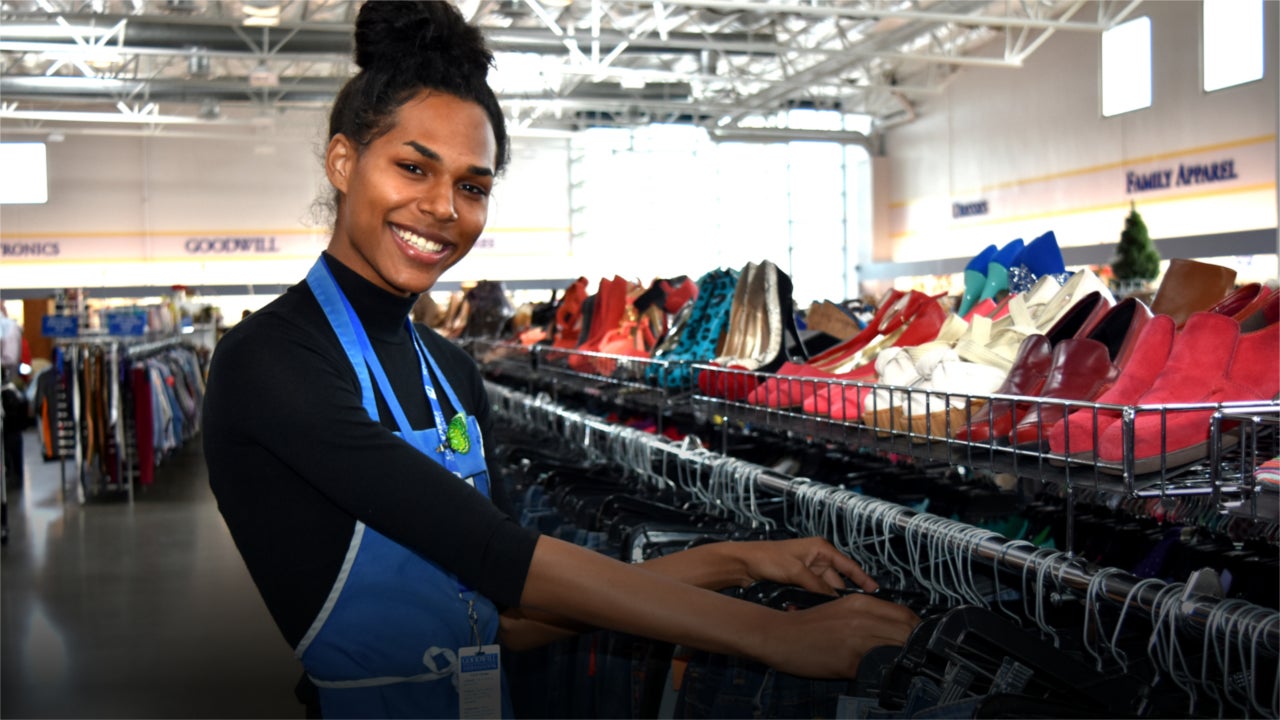As we race into 2019, the word of the year is “learning.” At Hope Street Group (HSG) and the Aspen Institute Economic Opportunities Program, we share a vision to support economic stability and mobility for the U.S. retail workforce. Every day, we learn from partners across the country who are testing creative approaches to advance frontline workers and sharing their successes and challenges.
Through the Hope Street Group’s Retail Opportunity Network (RON) and the Economic Opportunities Program’s Reimagine Retail initiative, we’re learning how workforce organizations build strong relationships with retail businesses, and how retailers can adapt workforce practices to improve worker livelihood and business performance. We’re well-positioned to learn from promising practices in regions across the country, and to spot trends across geographies that can guide us toward systems change. We’ll be sharing these insights in publications throughout the year ahead, but three reflections are front of mind.
First, the time is right to do this work. Today’s tight labor market is bringing retailers to the table to test creative solutions to attract and retain talent. We must seize this moment and institutionalize practices and policies for the long haul.
Second, the nature of retail work is changing as increased competition from e-commerce and technological change transform jobs and retail employer practices. Yet retailers share that customer service is more important than ever — and partners like Pete’s Fresh Market understand that investment in people can be a source of competitive advantage.
Lastly, our partners across regions remain deeply committed to upskilling and advancement, but many have learned that workers first need basic economic stability to take advantage of these opportunities. In response, a growing number of partners across the RON — from the National Fund for Workforce Solutions to San Diego Workforce Partnership — are turning their attention to the attributes of a job that help workers stay and succeed, from competitive wages to predictable schedules to a respectful supervisor. Reimagine Retail partners in several regions are collaborating with workforce providers, job-seekers, retail workers, workforce boards, and businesses to explore the drivers of retention and define job quality within the retail sector.
This is the year to showcase our learning. HSG’s new podcast, Retail America: Pathways to Opportunity, brings in experts from the field to share insights and emerging innovative practices within and beyond the retail sector. The Economic Opportunities Program’s new publication series on Promising Workforce Strategies from Across the Reimagine Retail Network highlights approaches that are benefiting workers and their employers.
The newest Retail America podcast builds on a recent event in the Economic Opportunities Program’s Working in America series, focused on improving the quality of food retail jobs, and on a recent Reimagine Retail profile spotlighting the partnership between Pete’s Fresh Market and Instituto del Progreso Latino. In the competitive grocery industry, Pete’s is bucking trends and growing rapidly. Providing stable jobs with generous benefits, training, and advancement opportunities helps Pete’s drive workforce productivity, sales, and strong worker retention. Partner organization Instituto del Progreso Latino plays an essential role, providing customized training to help Pete’s workers earn a National Retail Federation credential and advance to management roles.
Earlier this month, Reimagine Retail released a second profile, exploring how Goodwill Industries of San Diego County (GISD) responded to a minimum wage increase by investing in its people to increase productivity. GISD raised wages in key positions across the organization, developed career pathways to clarify advancement opportunities, invested in training at all levels, and built a culture that reinforces development. Since making these investments, GISD has increased revenue by 15 percent and internal promotions by 46 percent. As a growing number of states and municipalities increase minimum wage, retailers and their workforce partners across the country can learn from GISD’s bold response.
Looking ahead, we are committed to continue learning and sharing, with a renewed focus on equity and systems change. Next up, Reimagine Retail will release two tools: a question bank to help workforce providers have richer conversations and build stronger partnerships with retailers, and a cost of turnover tool for businesses, developed in partnership with UpSkill America. UpSkill, an employer-led movement to expand opportunity for America’s Workers, was also recently featured in the Retail America podcast (stream Episode 3), and has developed numerous employer-facing tools and resources.
This work is supported by Walmart and the Walmart Foundation’s Opportunity Initiative, a five-year effort launched in 2015 to strengthen the transferability of skills within the U.S. retail workforce and make it easier for frontline workers to advance their careers. This initiative supports the RON, a collection of more than 70 organizations working to drive system change for the U.S. retail workforce by making it easier for frontline retail workers to advance in their careers, and Reimagine Retail, a project to explore ways to improve job quality and advancement opportunities for retail workers. Working with diverse partners across six regions, Reimagine Retail is testing innovative strategies to improve retail jobs and career pathways. Through a separate initiative, UpSkill America, the Economic Opportunities Program equips businesses with the tools to educate, train, and develop frontline workers.
There is much work to be done to ensure that U.S. retail workers have access to economic mobility. We invite you to continue learning with us.
Share
Tweet Across the country, organizations are working to promote stability and mobility for retail workers. Let’s learn from their experience.
Tweet Today’s tight labor market is encouraging retailers to test creative solutions to attract & retain talent. Let’s seize this moment and build lasting policies and practices.
Tweet Workers need economic stability to take advantage of opportunities for #upskilling & advancement. Learn how retailers are making job quality a priority for their employees.
Keep in touch
Reimagine Retail is a project of the Aspen Institute Economic Opportunities Program. Learn how EOP is helping low- and moderate-income Americans connect to and thrive in a changing economy. Follow us on social media and join our mailing list to stay up-to-date on publications, blog posts, and other announcements.


